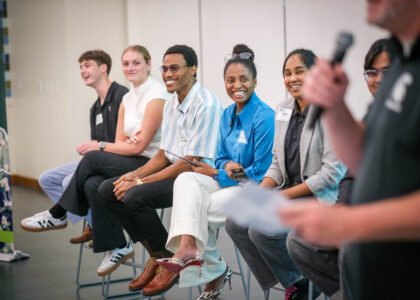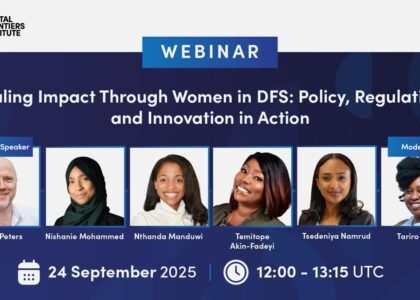


As I plan my next steps, agriculture keeps resurfacing as the logical point of entry for any meaningful development work.

After weeks of careful deliberation, I made a decision to step back from the recruiting cycle and focus fully on building my company — Q2 Corporation.

At the perimeters of the 80th United Nations General Assembly, I had the privilege of speaking at a webinar hosted by the United Nations Capital Development Fund (UNCDF) and Digital Frontiers Institute — a global conversation on Scaling Impact Through Women in Digital Finance.

For as long as I can remember, I have lived in the light of a name larger than my own. My mother, Captain Lonnie Kalua-Manduwi, was the first female marine captain in Malawi — a woman whose brilliance and determination defied the boundaries of her time.